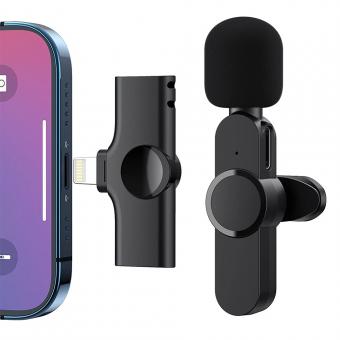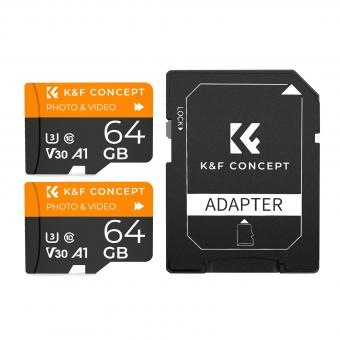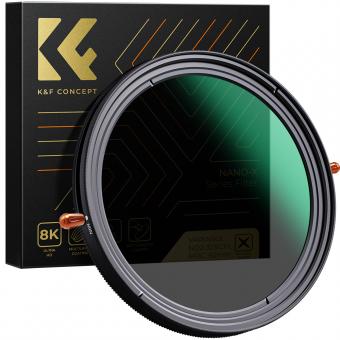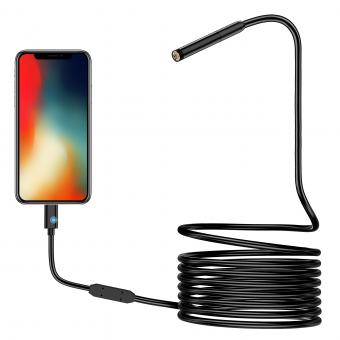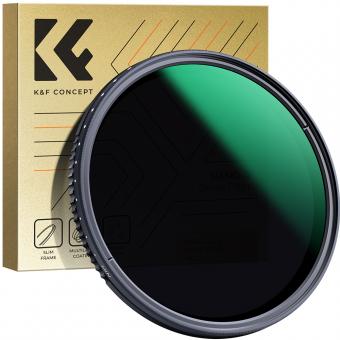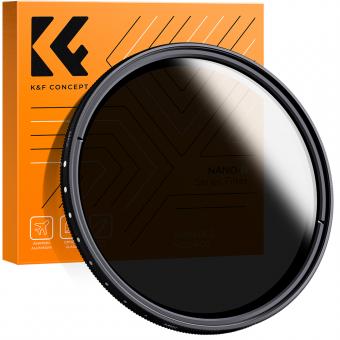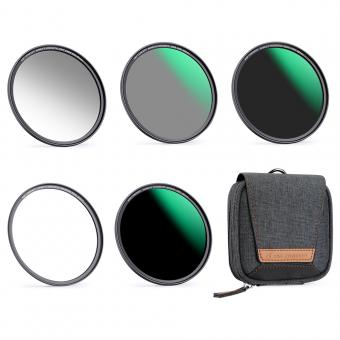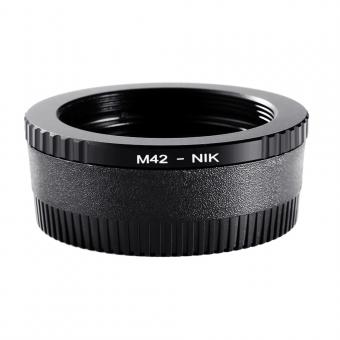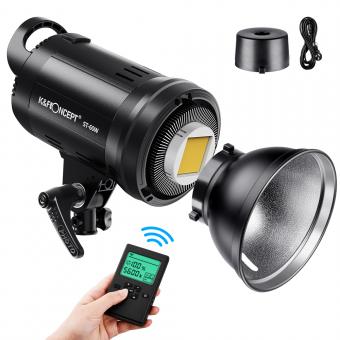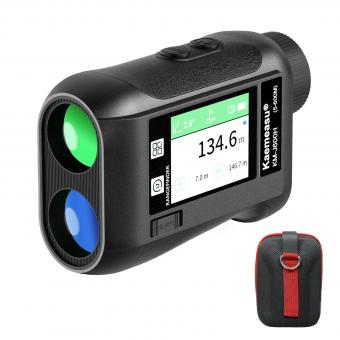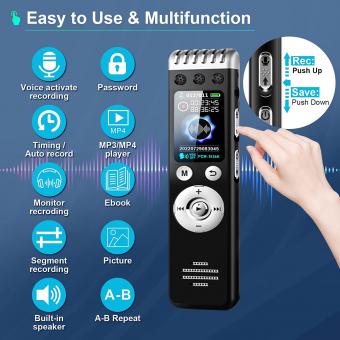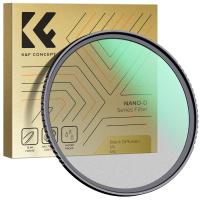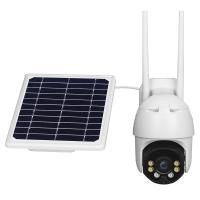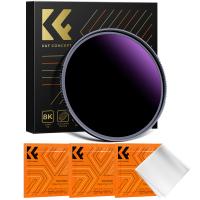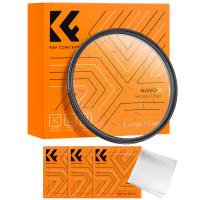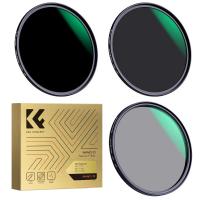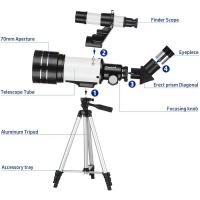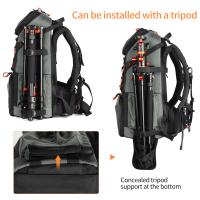How To Secretly Record ?
Recording someone without their knowledge or consent is generally illegal and a violation of their privacy rights. It is important to respect the privacy of others and obtain their consent before recording any conversations or activities. If you have a legitimate reason to record, such as for legal or safety purposes, it is advisable to consult with a legal professional to ensure you are following the appropriate laws and regulations in your jurisdiction.
1、 Legal considerations for secretly recording conversations and activities
Legal considerations for secretly recording conversations and activities vary depending on the jurisdiction and the specific circumstances involved. It is important to note that this response does not constitute legal advice, and individuals should consult with a legal professional to understand the specific laws in their jurisdiction.
In general, secretly recording conversations and activities without the consent of all parties involved is illegal in many jurisdictions. This is because it violates the right to privacy and can infringe upon the confidentiality of personal and sensitive information. However, there are some exceptions to this rule.
One common exception is when one party to the conversation or activity gives their consent to be recorded. In some jurisdictions, this is known as "one-party consent," meaning that as long as one person involved in the conversation or activity is aware of and consents to the recording, it may be legally permissible.
However, it is crucial to stay updated on the latest legal developments regarding secret recordings. Some jurisdictions have recently tightened their laws to require the consent of all parties involved, even in situations where one-party consent was previously sufficient. For example, in some states in the United States, all-party consent is now required for recording conversations.
Additionally, it is important to consider ethical implications when contemplating secretly recording conversations and activities. Even if it may be legal in certain circumstances, it is essential to respect the privacy and confidentiality of others and to use such recordings responsibly and ethically.
Ultimately, individuals should familiarize themselves with the specific laws in their jurisdiction and seek legal advice to ensure compliance with the latest legal requirements and to understand the potential consequences of secretly recording conversations and activities.
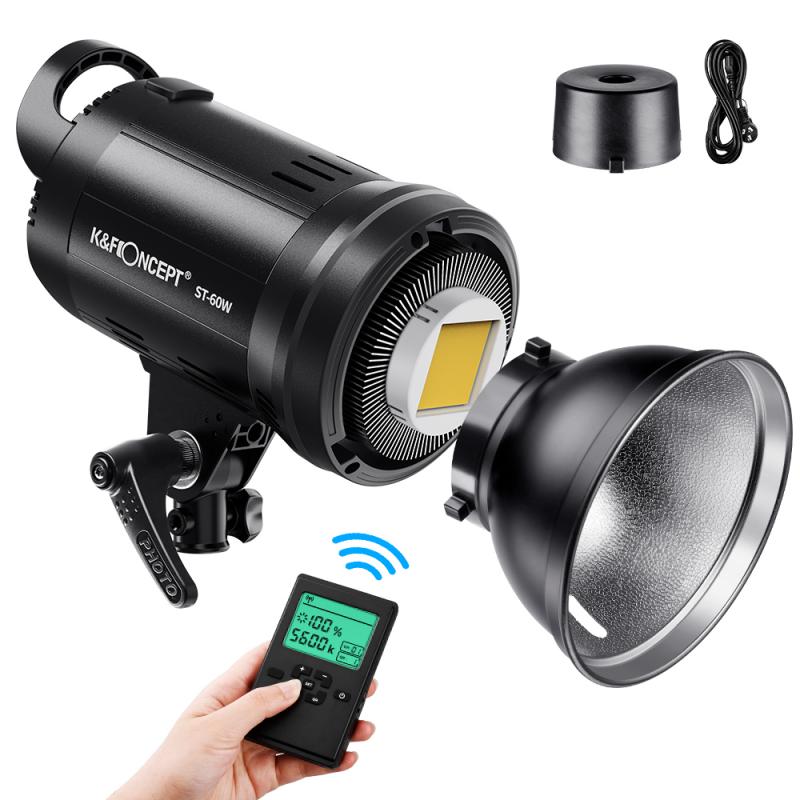
2、 Techniques for discreetly capturing audio recordings
Techniques for discreetly capturing audio recordings have become a topic of interest in recent years, especially with the advancements in technology. However, it is important to note that the act of secretly recording conversations without the consent of all parties involved is illegal in many jurisdictions. Therefore, it is crucial to always respect the privacy and legal boundaries of others.
That being said, there are legitimate scenarios where discreet audio recording may be necessary, such as for personal safety or investigative purposes with proper authorization. In such cases, here are some techniques to consider:
1. Smartphone Apps: Many smartphone apps are available that allow for inconspicuous audio recording. These apps can be disguised as other applications or operate in the background, making them less noticeable.
2. Hidden Recording Devices: There are various hidden recording devices available on the market, such as pens, USB drives, or even clothing accessories, that can discreetly capture audio. These devices are designed to blend in with everyday objects, making them difficult to detect.
3. Wearable Cameras: Some wearable cameras also have audio recording capabilities. These devices can be worn as accessories or attached to clothing, allowing for discreet audio capture while maintaining a visual record.
It is important to reiterate that the use of these techniques should always be within legal boundaries and with proper consent. Recording conversations without consent is a violation of privacy laws and can have serious legal consequences. It is essential to familiarize oneself with the laws and regulations of the specific jurisdiction before engaging in any audio recording activities.
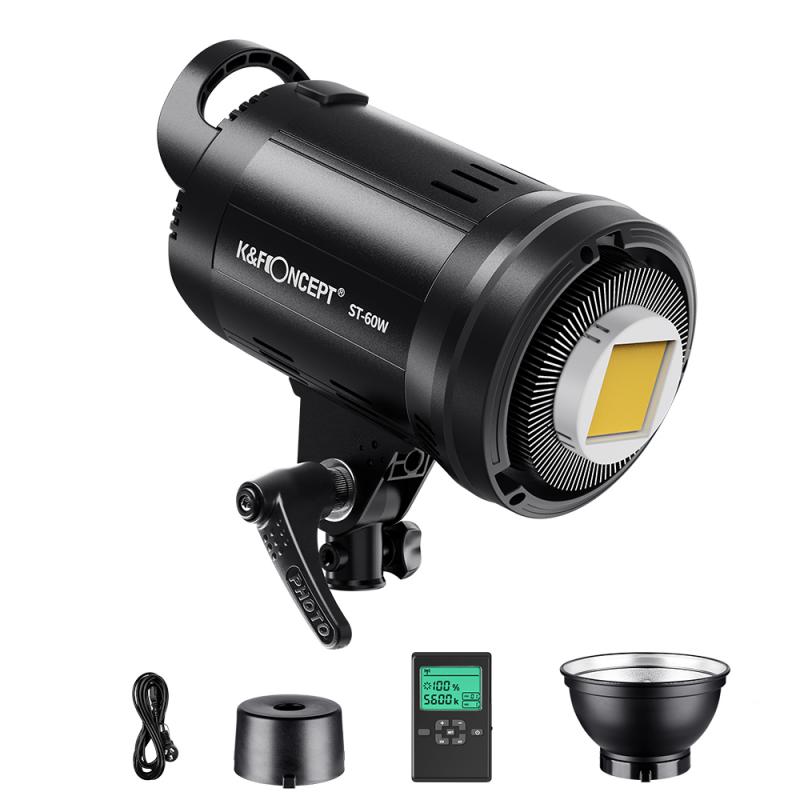
3、 Methods for covertly filming or video recording without detection
Methods for covertly filming or video recording without detection have become increasingly prevalent in recent years, thanks to advancements in technology. However, it is important to note that using such methods for illegal or unethical purposes is strictly prohibited. Here, we will discuss some legal and ethical ways to secretly record video footage.
1. Hidden Cameras: Miniature cameras can be discreetly placed in various objects such as pens, clocks, or even clothing. These cameras are often equipped with motion sensors or can be remotely controlled, allowing you to capture footage without arousing suspicion.
2. Smartphone Apps: Numerous smartphone apps are available that allow you to record video discreetly. These apps can make your phone appear as if it is turned off or in standby mode while secretly recording video in the background.
3. Wearable Cameras: Wearable cameras, such as glasses or buttons with built-in cameras, provide a hands-free recording experience. These devices are inconspicuous and can capture footage without drawing attention.
4. Spy Cameras: Spy cameras are designed to be hidden in everyday objects like alarm clocks, picture frames, or smoke detectors. These devices are often equipped with motion sensors and can record high-quality video without detection.
It is crucial to emphasize that these methods should only be used in legal and ethical ways, such as for personal security, monitoring of property, or documenting suspicious activities. It is essential to respect the privacy and consent of others when using covert recording methods. Always familiarize yourself with local laws and regulations regarding video recording to ensure you are acting within the boundaries of the law.
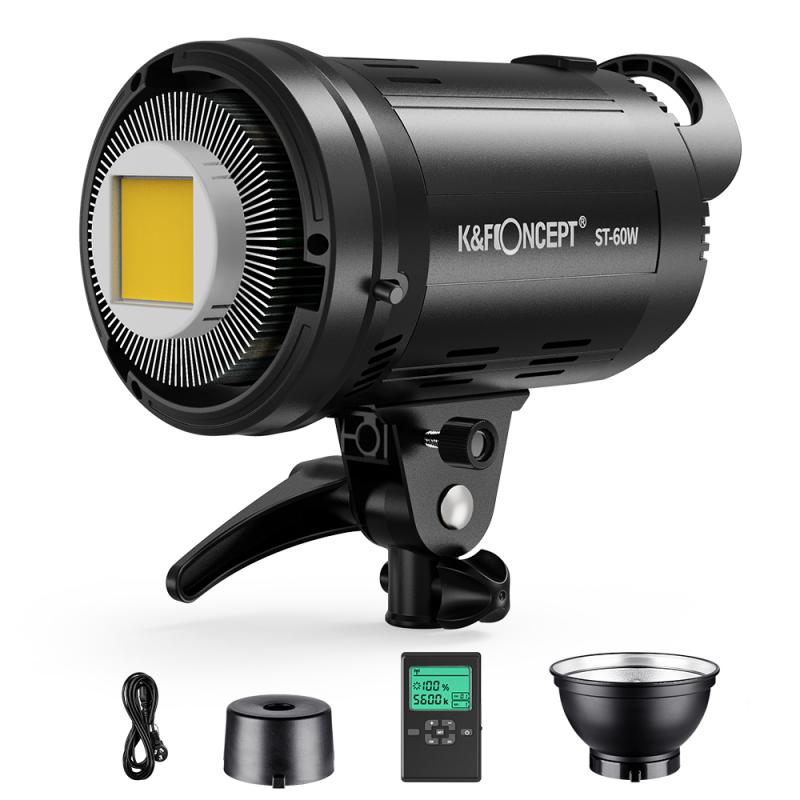
4、 Privacy and ethical concerns surrounding secret recording practices
Privacy and ethical concerns surrounding secret recording practices have become increasingly relevant in today's digital age. While some individuals may be interested in learning how to secretly record conversations or events, it is important to consider the potential consequences and implications of such actions.
Secretly recording someone without their knowledge or consent raises serious privacy concerns. It infringes upon an individual's right to privacy and can be seen as a breach of trust. In many jurisdictions, it is illegal to record someone without their consent, and those found guilty may face legal consequences.
Furthermore, secret recording can damage relationships and erode trust. If someone discovers they have been recorded without their knowledge, it can lead to feelings of betrayal and resentment. This can have long-lasting negative effects on personal and professional relationships.
From an ethical standpoint, secret recording can be seen as a violation of the principles of honesty, respect, and autonomy. It disregards the importance of open communication and consent in interpersonal interactions.
It is worth noting that there are exceptions to these concerns in certain situations, such as when recording is done to expose illegal activities or protect oneself from harm. However, even in these cases, it is crucial to consider the legal and ethical implications and consult with legal professionals if necessary.
In recent years, the debate around secret recording has intensified due to the widespread use of smartphones and other recording devices. Some argue that secret recording can be a tool for accountability and transparency, especially in cases of abuse or misconduct. However, others emphasize the importance of consent and privacy rights.
As technology continues to advance, it is essential to have ongoing discussions about the balance between privacy and accountability. Striking a balance that respects individual privacy while addressing legitimate concerns is crucial for a society that values both transparency and ethical conduct.


